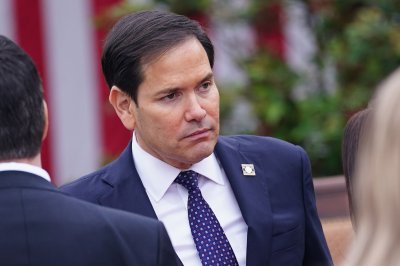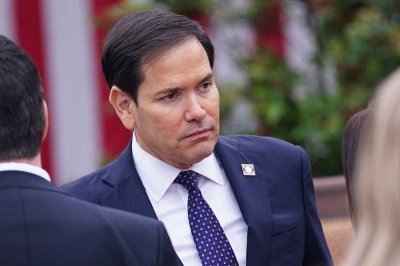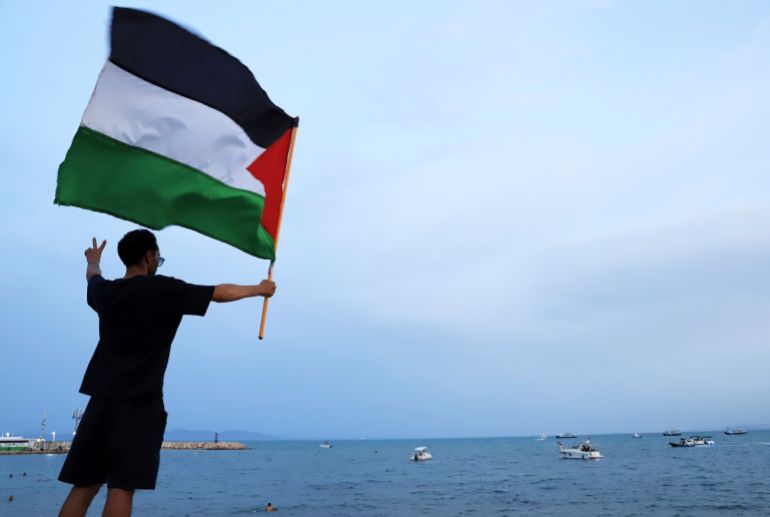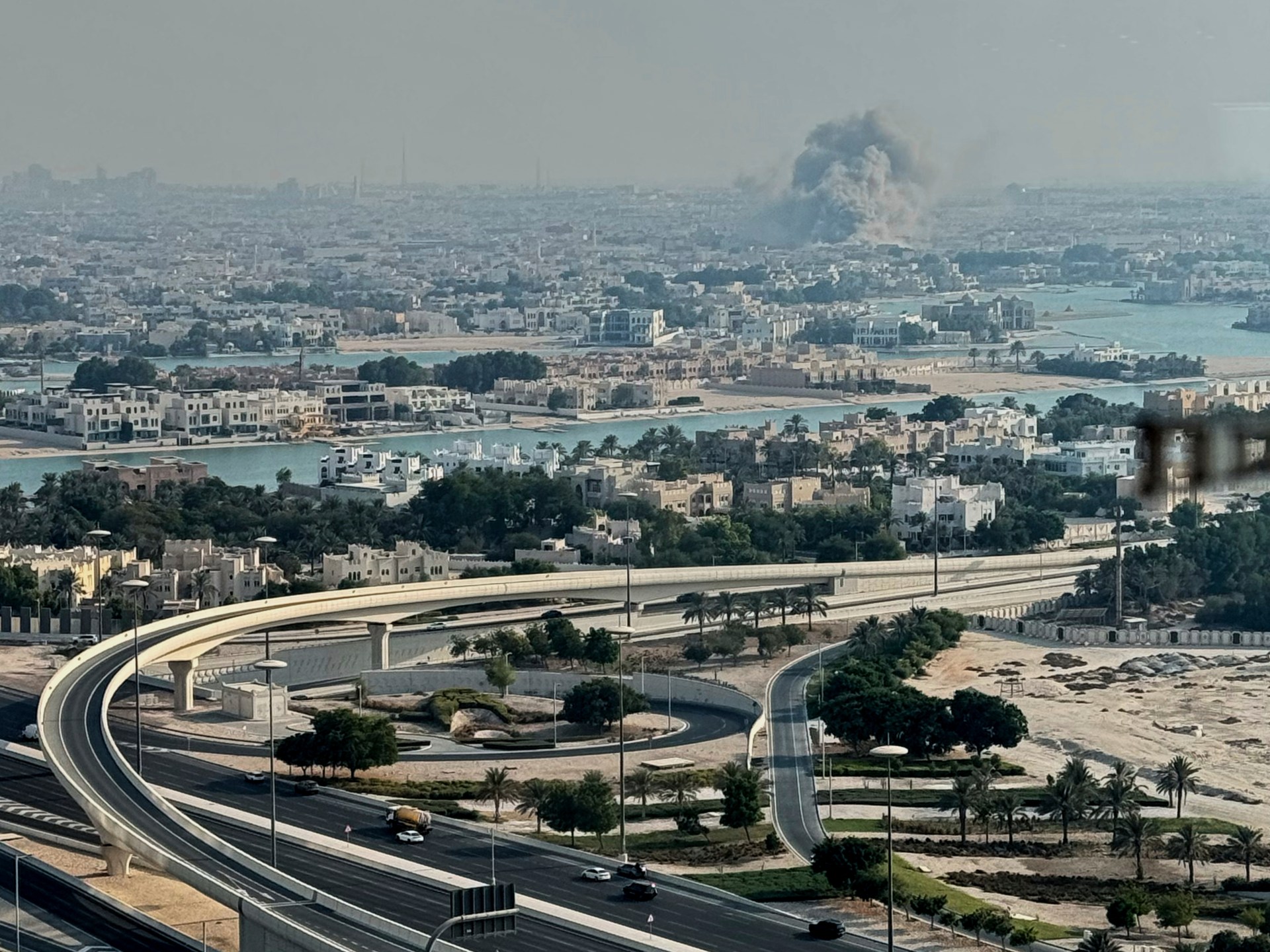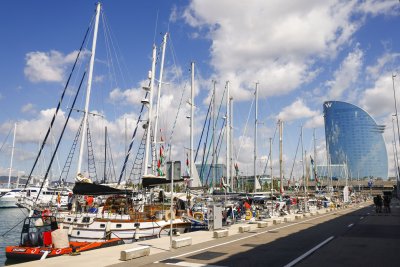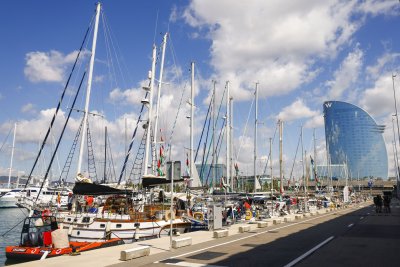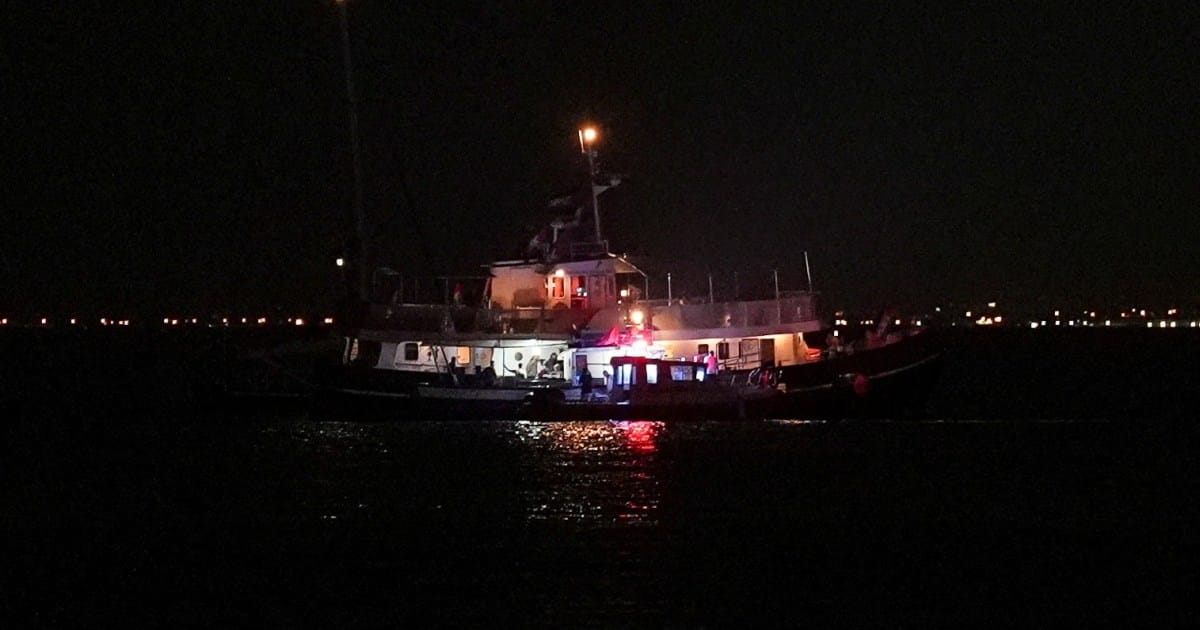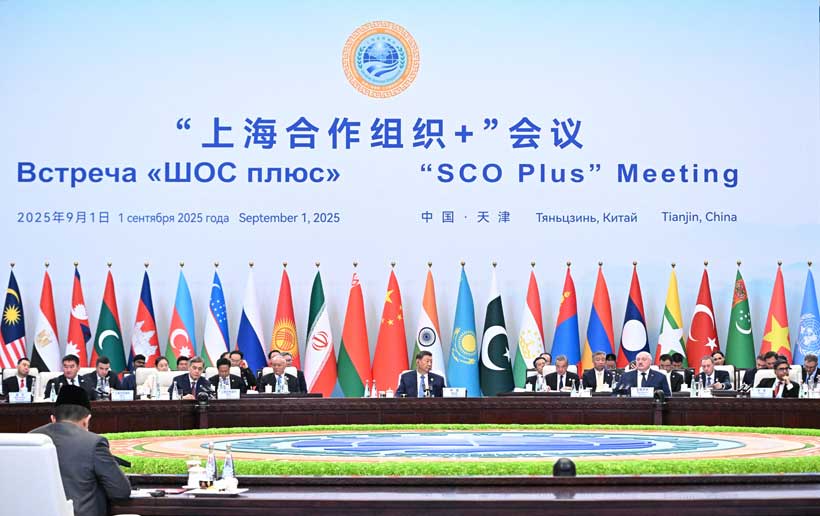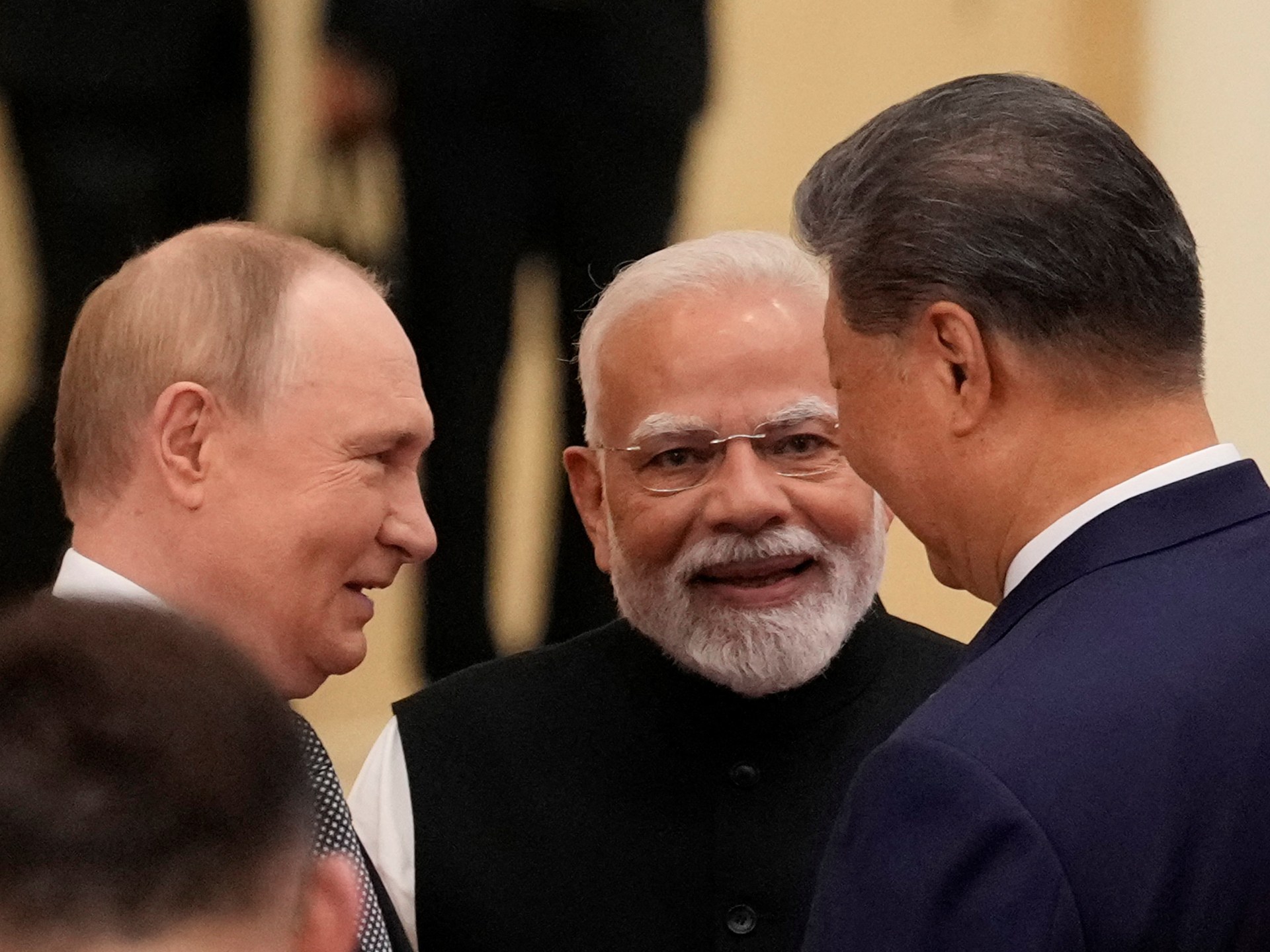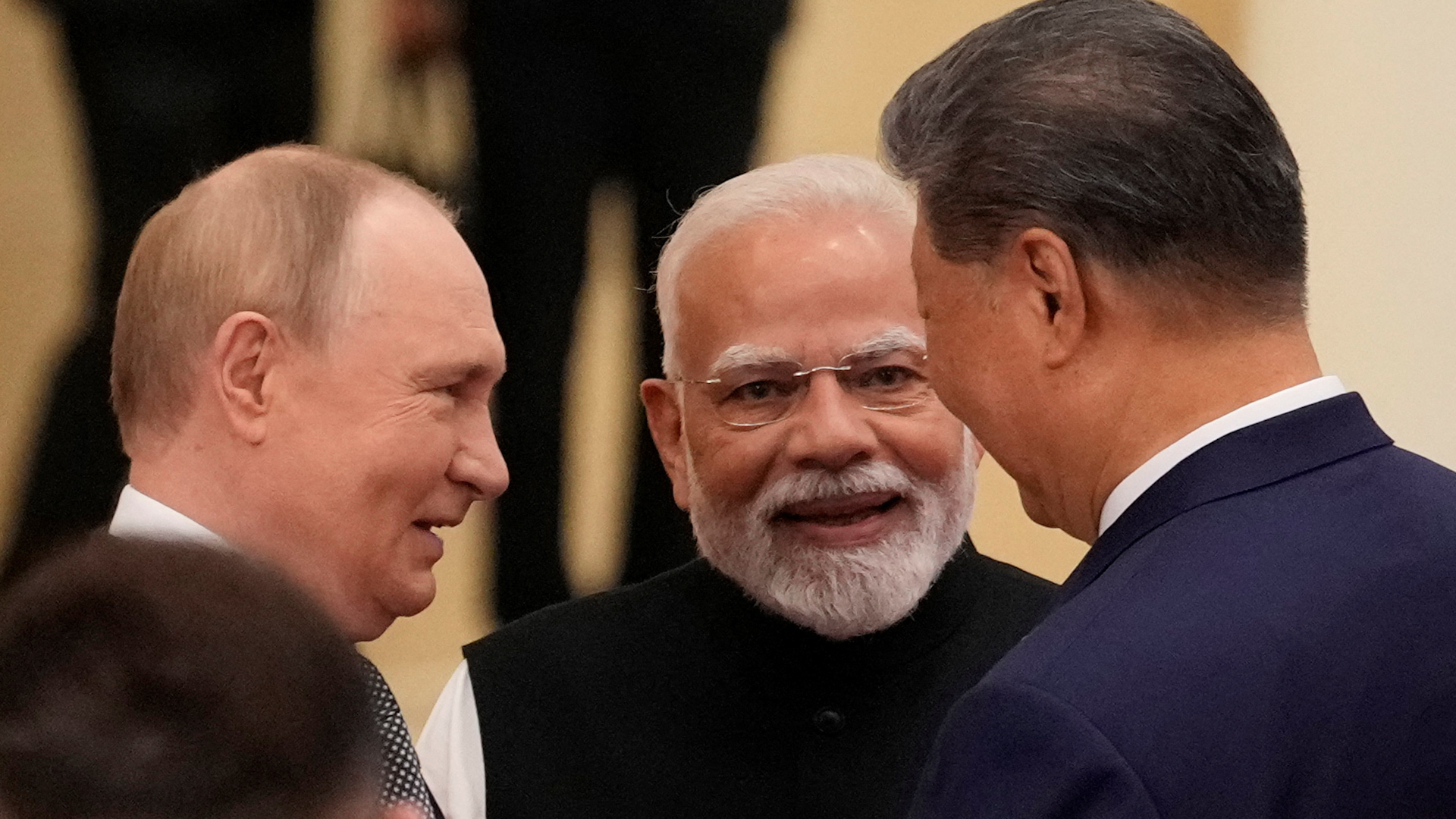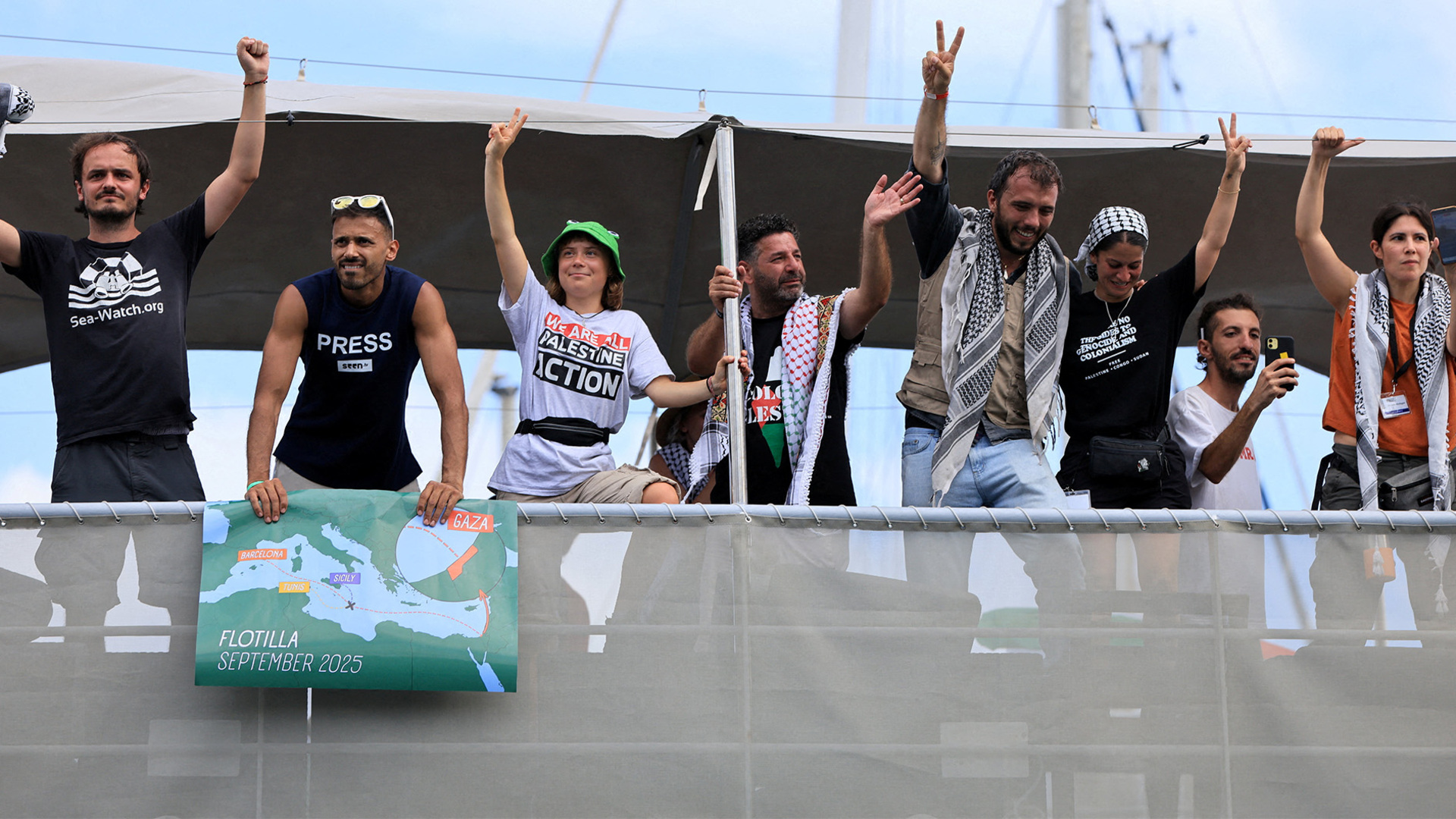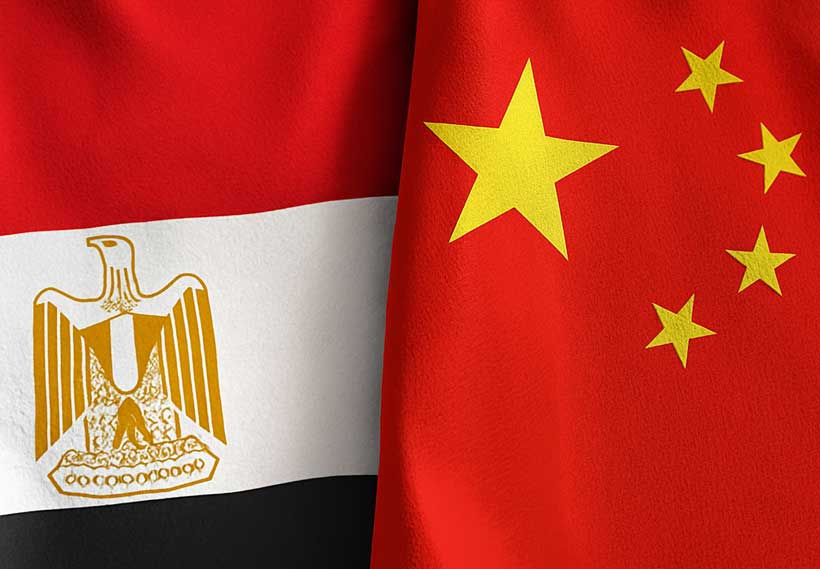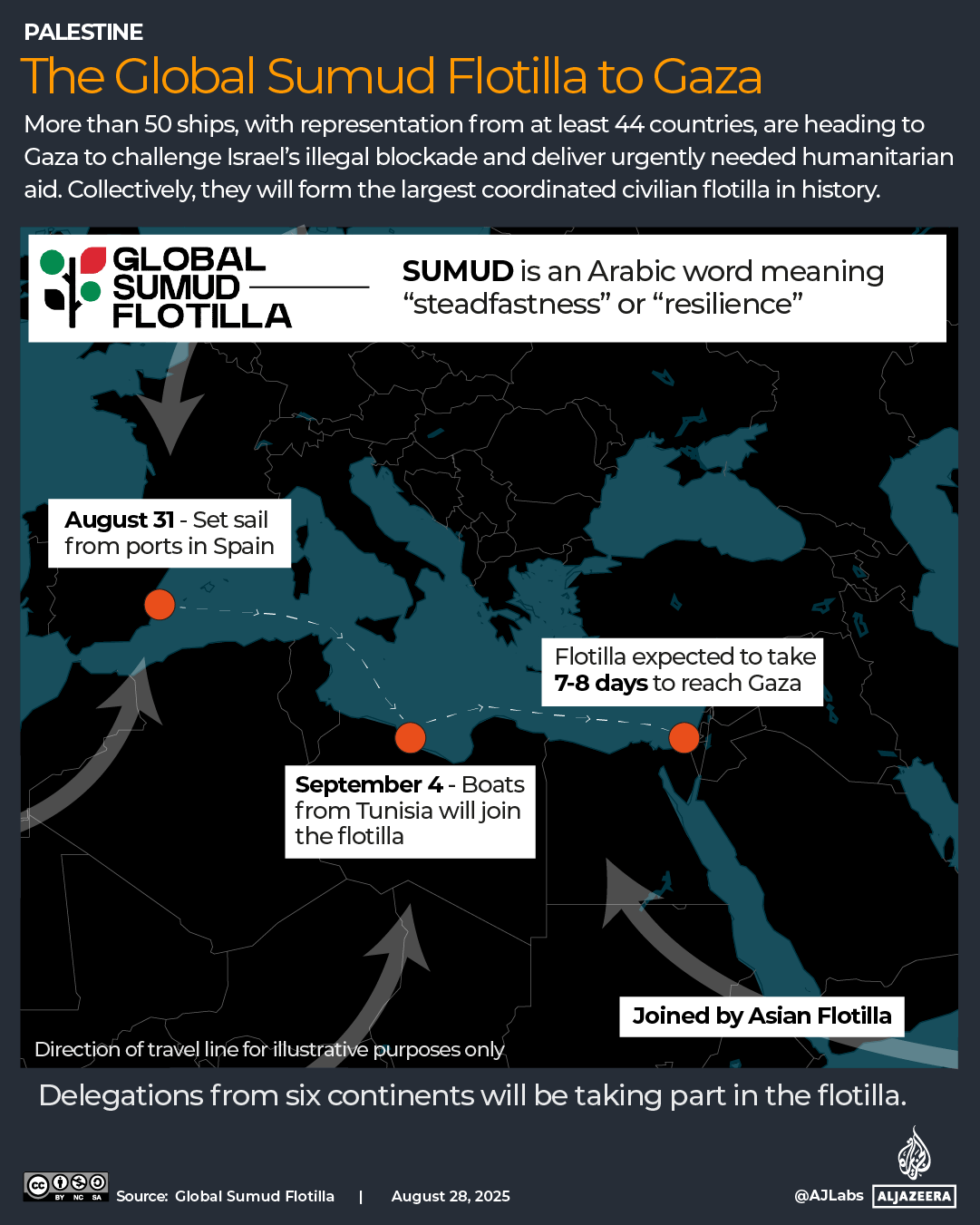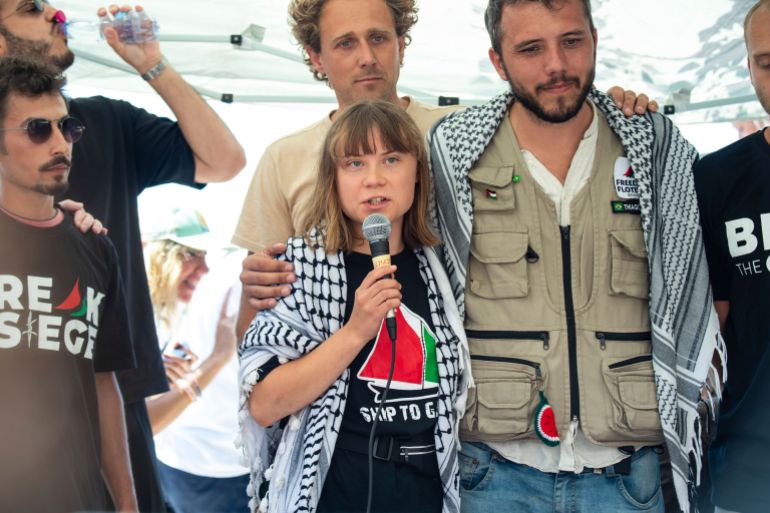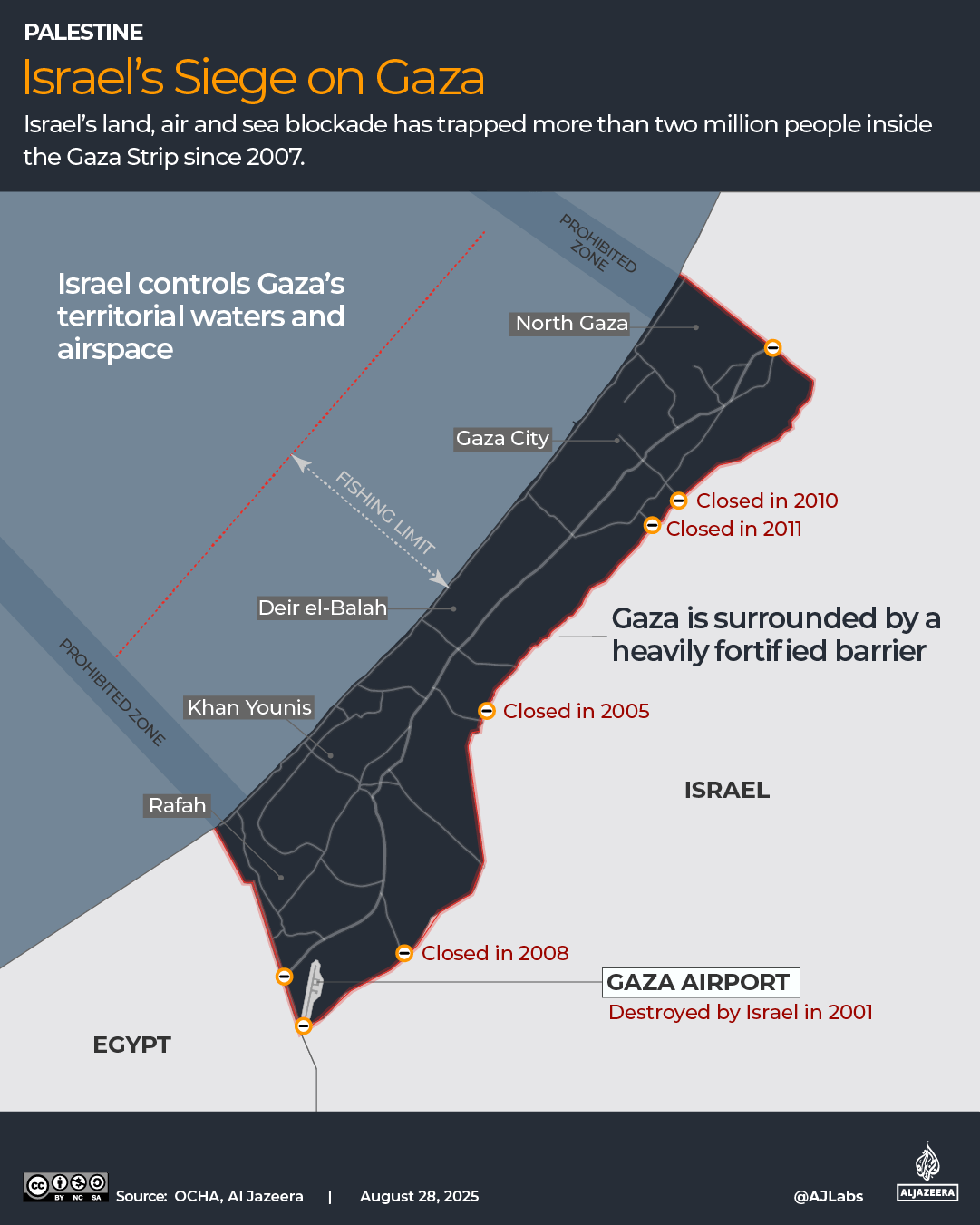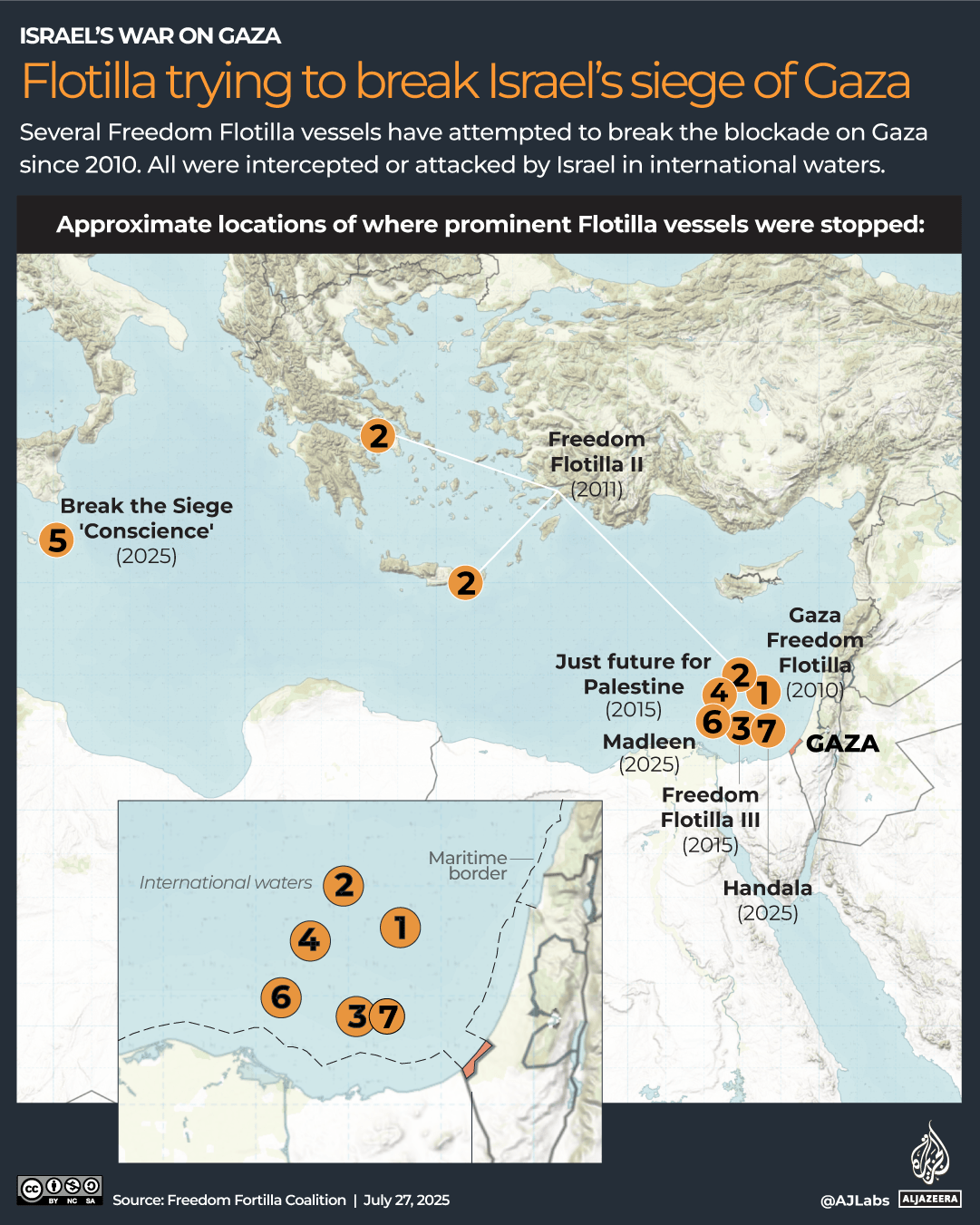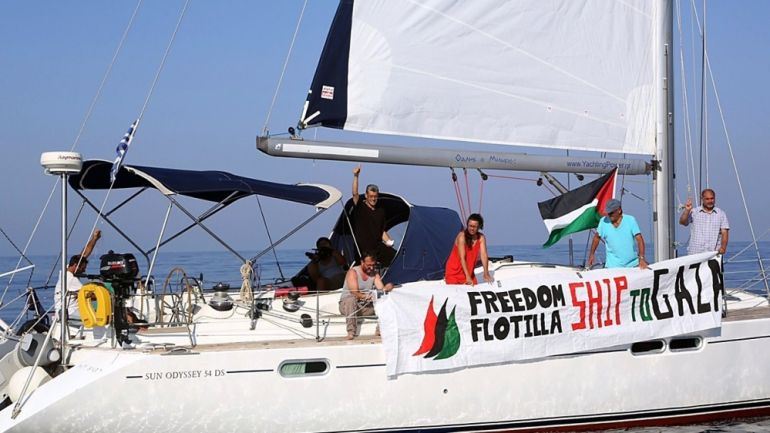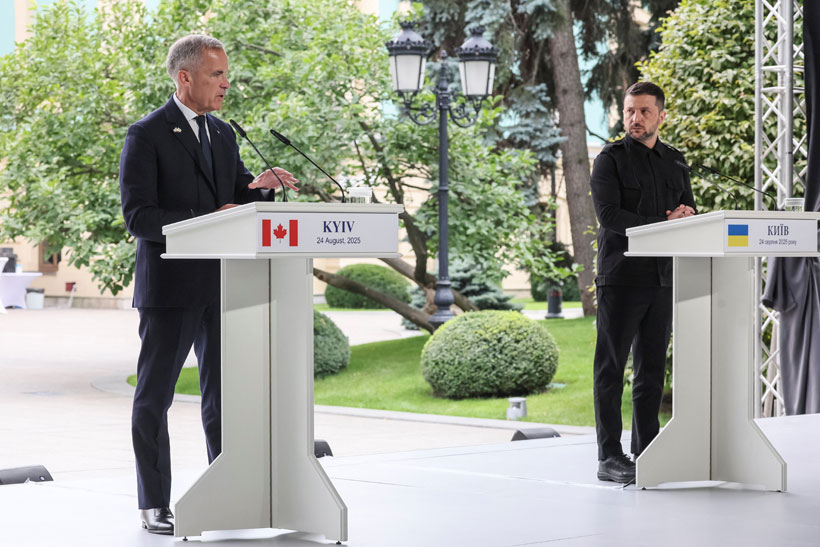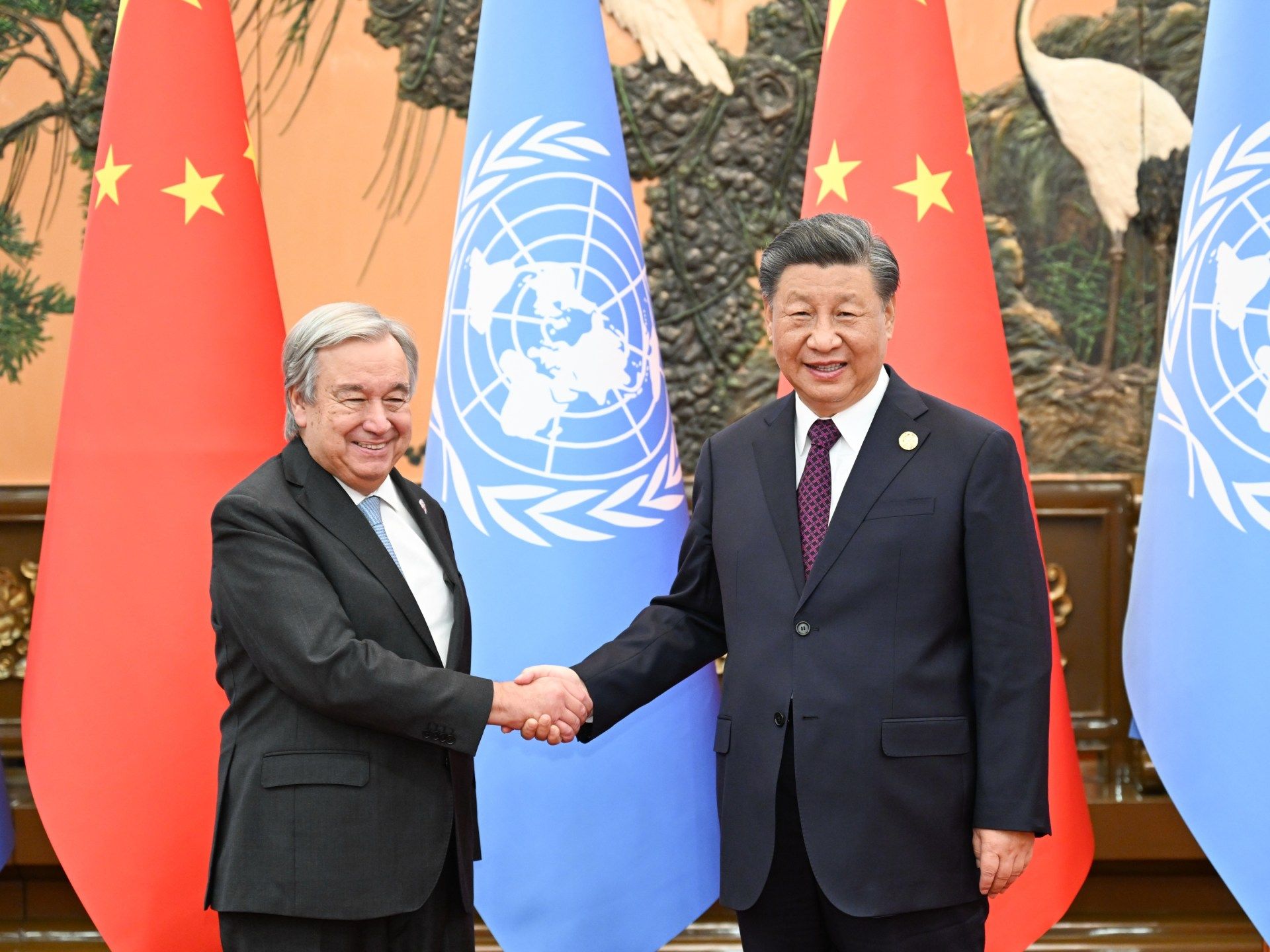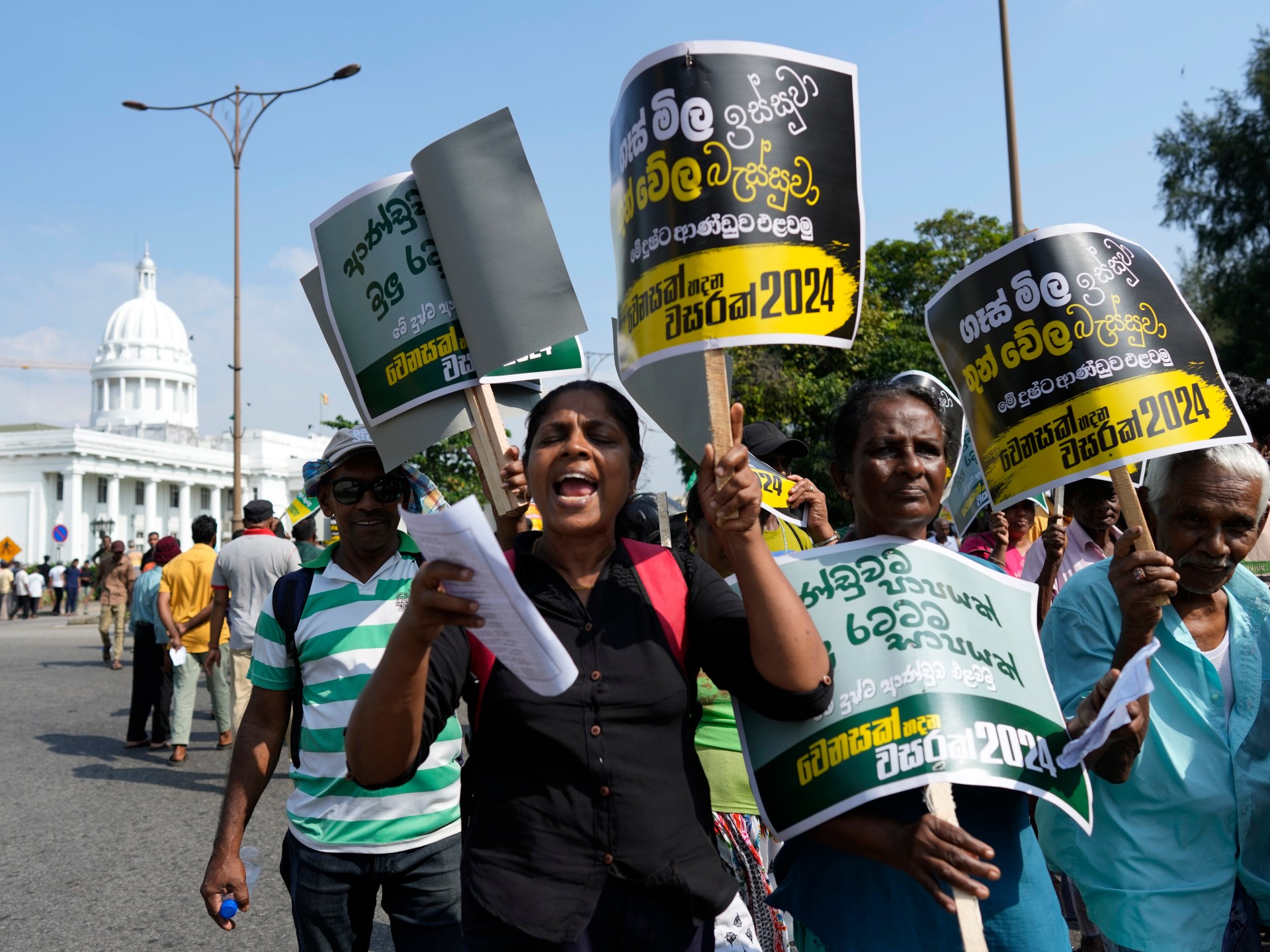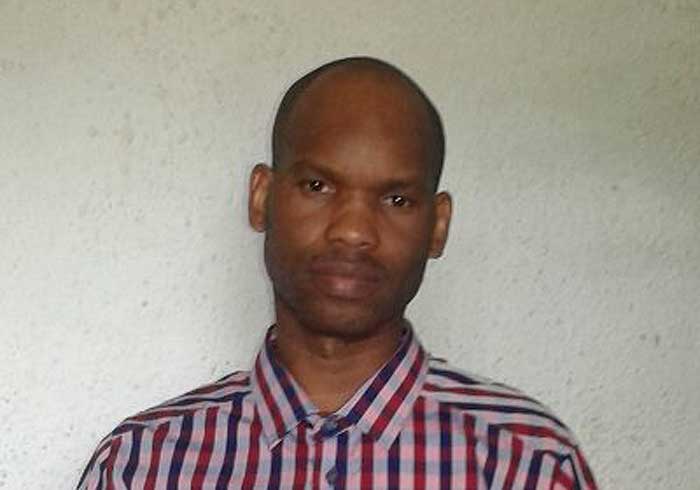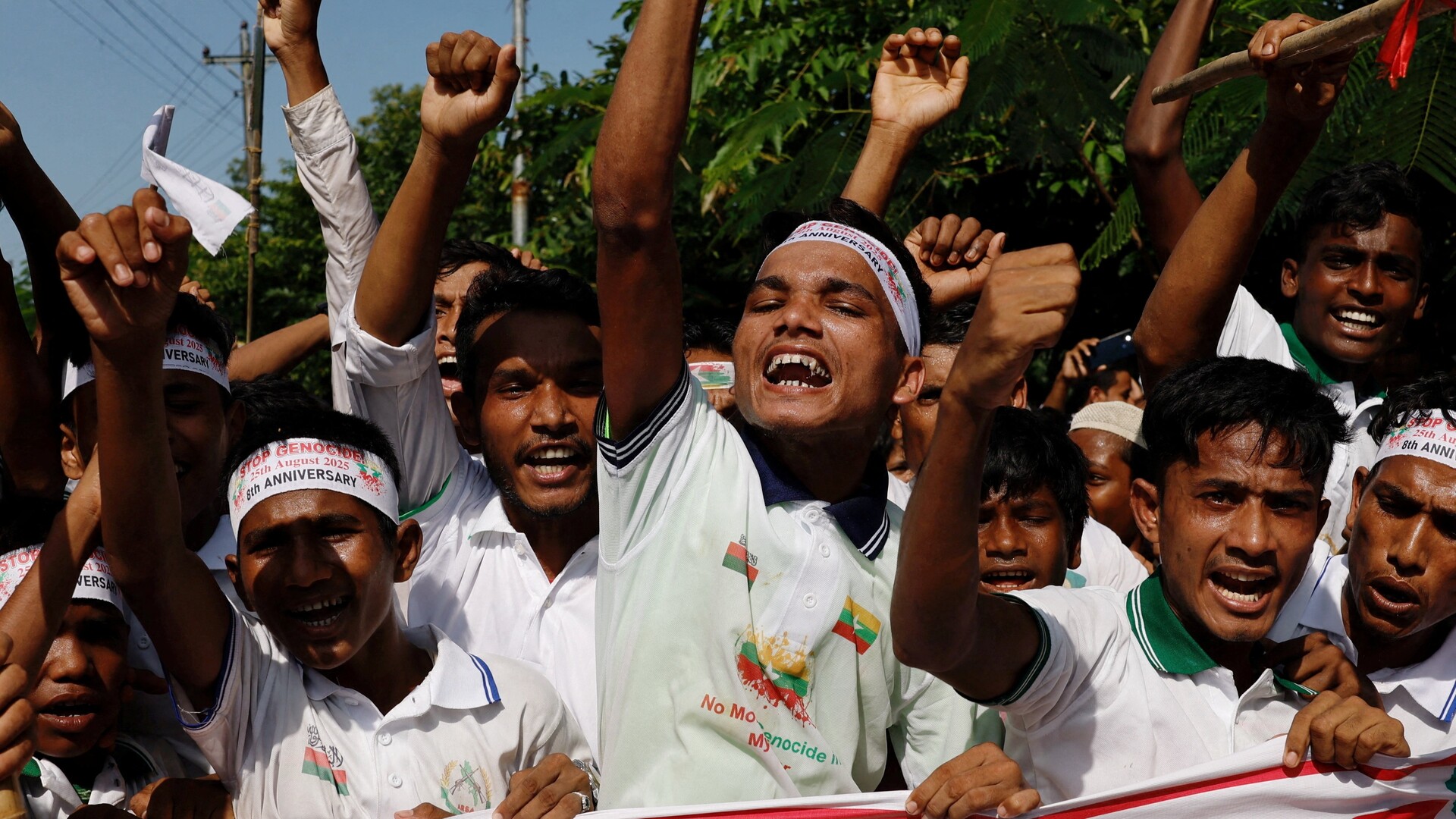Genocide and displacement has been on my mind this month as “October 7th” comes and goes. The world is at war. Trump has been re-elected President of the United States and displaced poets are searching for hope, sanctuary and a place/space to call home.
Nixon Mateulah is a Malawian-born award-winning poet, short story writer and novelist. I am in conversation with him today.
He is thoughtful in his answers. They are detailed, comprehensive in scope, and technical. He holds nothing back and is quite straightforward in his approach. It has been some hours since I last spoke with him. He is studying at the University of the Western Cape and greets me every day with a text message that reads, “Good morning, Abigail. I trust you’re well.”
Somehow, one day, a few years ago we got to talking, I think it was Nixon who had approached me. He had just self-published a book. A friendship was formed and we struck up a correspondence. Over the years, the apprentice has surpassed the master, told a few stories, found his niche in academia and even garnered awards and prestigious writing fellowships.
In his own words, “A poet faces a number of challenges in the micro-climate, but at the same time, it offers us the opportunity to better relay our cultural heritage to others without sounding foreign and being overly didactic. I am a keen observer of human life and many critics feel my writing echoes more on social realism.”
But I want to know what makes Nixon tick. I want to delve into the depths of his psychological framework. I ask him exactly what makes him happy or sad about being a poet and writer from Malawi living in South Africa and does he feel people look up to him in some ways and why does he think they look up to him?
“Poetry makes me happy in a sense that it replenishes my sanity. I come from a very unfortunate upbringing. I lost my father, the breadwinner of our family soon after I had written my final secondary school exams. Being first born in the family of five, I had to step into my father’s shoes and try to steer the destitute family further away from poverty. I was a kid who had never experienced adult life. I was very traumatised and melancholic. I had to find a job immediately to start supporting my family, unfortunately I couldn’t get a job. I could not go to college when what we needed most in the family was food.”
His story will make you blink back the tears and applaud his bravery, the bold steps he took in forging a new life in a different country with perhaps a more forgiving landscape.
“Then I sold my father’s only valuable asset – the bicycle, to finance my transport to South Africa.”
Here I pause as I read these words. My mind reflects upon the time I advised him to seek a traditional publisher for his novel.
“I left Malawi on 12 December 1996. The money was not enough to take me to Pretoria, my fare ended at Beitbridge, and a Good Samaritan paid for my taxi fare to Pretoria. I have lived in South Africa almost twenty- eight years now, three years in Pretoria and twenty- five years in Cape Town.”
I tell him that he has the makings of an educationalist. His life has been difficult, tough, and challenging to say the least. He has achieved much, built a legacy for his children, for others to follow in his footsteps.
“What makes me sad as a poet living in South Africa is that I find that immigrants living in South Africa are painted with one xenophobic brush and we are not represented in the poetry landscape of South Africa. I took upon myself to write about our experiences, stories that push one to leave one’s home when home is the mouth of the shark, when home is the barrel of a gun, as poet Warsan Shire puts it. People look up to me as I am a living testimony to them that wherever we come from must not limit our determination to soar high up in society.”
He continues in the same vein, “We must look to our poets for solutions, our novelists for answers and our short story writers for “the way in, the way out”.”
“Everyone is capable of achieving anything as long as he puts his mind to it. I came here with a high school certificate, doing all kinds of odd jobs, and today I am finishing my Master’s degree in Creative writing.” I wonder how many other Nixon Mateulahs’ are are out there, underdogs barely surviving in post-apartheid South Africa.
There are a number of minor and major challenges and setbacks facing poets in the micro-climate that we are living in in Africa today. I ask Nixon to talk to me about some of the more vital aspects of his writing.
“Live reading is an art that must be mustered. The first time that I read to an audience was terrifying; but there is always a first time to everything, and with time I managed to improve my reading. Most of us poets are introverts. To entertain the audience, you have to dramatize your reading, that was the skill that I lacked in the beginning. You need to intrigue them, amaze them with your performance, and at the end leave them begging for more.” I can hear that he is an introvert in his answers. Every poet is an introvert at heart.
“Who and what inspires you creatively as a poet? What made you want to be a poet and do you keep a journal? Is there anything else you would like to share?” I ask.
“Ordinary people inspire me creatively. I am an ordinary person and there are plenty of stories to write about. With so many stories bubbling up in my head, I felt I could not write them all in novels, so looking at poetry; a genre that demands to economise words to tell a story, I decide to best tell my stories with honesty, courage, precision and compassion by building blocks of poetry which captures stories in vivid imagery like paintings. In poetry words are like bricks in a wall, you take out one brick, the wall is incomplete. As a poet I cannot go out without my journal and if I don’t have a journal, I make sure I got a pen and paper or shop slip with me. Whenever an idea strikes my fancy, I jot it down, whatever I observe worth of poem I jot it down for use later, so it is important for a writer to keep a journal. Take a bus or a train to town and by the time you get off your head will be swimming in a sea of stories. A journal is like a bank where a writer draws out his notes for stories.” I am mesmerised by his words and how he commands language at will.
“I am not a person who takes dreams seriously and most of my dreams I forget them, but this particular dream stayed with me the whole day, then I had to write it down:” I read his words and then I listen for them, for the imagery and visuals to follow.
“I wake up in the morning/I go out and sees no one in the street/No car, no dog, no sounds of day/I run to the cemetery/I find no tombstone or grave/I look up, the sun still hangs up there and unfriendly wind dances the tree branches without a song/I run around the neighbourhood like a mad man looking for his missing bag/“Where are the people?” I shout out like a loudhailer/I run back home, jump onto bed and fall asleep/Next morning, I wake up to a beautiful day/Everybody is back and life goes on as usual without dreams.” I am in awe of this cultural practitioner’s powers and poetric competence.
Nixon reminds me of Haruki Murakami in his interests. He, like Murakami, is a runner.
“I like reading, running, watching soccer and listening to music. I am a fan of old school music; I like to go down memory lane and reminisce about the bygone days. For books, I read widely, though poetry is my main preference over novels. I like to read books that stimulate my creative muse.”
Nixon Mateulah gives me a lot to think about and to be grateful for my own journey as a poet. He is a dreamer, a hard worker, an enigma.
“Growing up we were into karate movies even though we could not understand the stories involved. We were after good, daring fighting. Bruce Lee, Van Damme, Jackie Chan were our favourites and we had to pay at video shops to watch these movies. Now that I can understand the stories behind a movie, I like to watch real life stories; stories that mirror our own lives. I have just watched a new movie: ‘Divorce in the Black’ by Tyler Perry. It has a universal social issue it addresses that echoes in our societies today. It is appalling to note that divorce is shooting high among middle classes than working classes. Eva and Dallas’ story is the epitome of the sick societies that we live in.”
I ask him, as I am tempted to ask any writer/poet/novelist with roots in the African continent, what motivated him to write doing the pandemic?
Nixon writes that it is hope that recharged his writing batteries. “Writing can heal a disease better than medicine sometimes. You give a poem to a sick person about a person who survived the same disease the patient is suffering from; the patient’s hope of living will increase than when he was just taking medication. So I kept on writing stories and poems to uplift our hopes for a propitious tomorrow.”
I ask him who are the poets and writers that influence his writing, and that inspire him. Nixon is bold in his discourse and extrapolates.
“First and foremost, I should say as a high school kid I was intrigued when I learnt that in Nigeria, a young man of twenty-one years had written and published a complete novel (Flowers and Shadows), and that young man was Ben Okri. Since that time, I said to myself I would like to be like him. I started taking writing seriously and it paid off. Soon after writing my high school exams I published two stories in the local newspapers.
“It was a big deal that time, a high school kid publishing a short story in the newspaper and people reading it! There are so many poets that have influenced my poetry: our own celebrated poet, Jack Mapanje made us poets in Malawi to believe in ourselves, that with hard work we can conquer the world with our poetry. I was also greatly influenced by the poems of W.H Auden, Thomas Hardy, William Wordsworth, A.E. Housman etcetera and when I arrived here in South Africa I found a number of poets who intrigued me with their poetry, the likes of Oswald Mbuyiseni Mtshali with his bestselling collection – Sound of a Cowhide Drum, Don Mattera, Denis Brutus, and many others. Today South African poetry echoes out with new voices, the likes of Nick Mulgrew, Koleka Putuma, Kobus Moolman, Salimah Valiani, Sarah Lubala, Musawenkosi Khanyile, Gabeba Baderoon, and many others whose works are very phenomenal and inspiring.”
He says being alive motivates him. That he feels fortunate every day when he wakes up and sees the sun rising. Then he knows he still has time to contribute to this day, to make it a good day.
“No person can guarantee me that when he walks to bed every night can say that if this is my last day to live, I have done what is good and whatever happens whilst I am asleep must happen.”
He leaves us now with a quote by his favourite writer and I am reminded of Ludwig Wittgenstein.
“When land is gone and money’s spent, then learning is most excellent” – George Eliot.
Nixon Mateulah is a poet’s poet. Find his literary work online.
